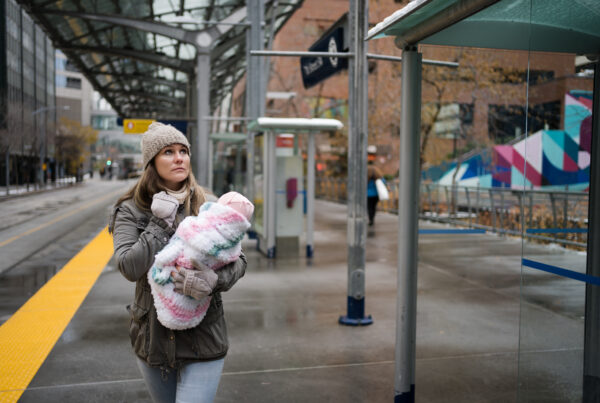Child and family homelessness has been cited as increasing faster than any other segment of the population experiencing homelessness in Canada. In Canada, 10% of Canadian families live below the low-income cut-off while 14% of Canadian children live in poverty[1]. The 2014 Point-in-Time Count of homelessness in Calgary found 209 families experiencing homelessness on the night of the Count.
What you need to know about family homelessness:
- On a national level, rates of family homelessness continue to increase.
- As of 2014, families were identified as the fastest growing homeless subpopulation in Canada.
- In the City of Calgary, the 2014 Point-in-Time Count revealed an increase of 30.6% in the number of homeless families over the number of families counted in 2012.
- Children who have experienced homelessness have an increased chance of exhibiting behavioral and mental health problems associated with homelessness.
- In order to end multigenerational homelessness in Calgary, interventions must be in place to help families to achieve housing stability and independence.
On National Housing Day, Inn from the Cold wants to bring the issue of family homelessness to the forefront. Following are recommendations we believe will strengthen the National Housing Strategy (NHS) and end child and family homelessness:
- Comprehensive research into the experience and needs of homeless children and their families is required in order to identify and best serve the needs of this population.
- Children and families experiencing homelessness need to be considered a distinct population (as Indigenous households are considered in recommendation six of the NHS) and partnering, reinvesting and building capacity to address the needs of homeless children and families is necessary.
- With respect to recommendations to increase rental and social housing stocks available, it is important to note that families’ requirements include: access to three to four bedroom affordable units, access to public transportation, access to education, income and food security and poverty-serving community supports.
- A deep look into diversion and prevention programming is critical for at-risk children and families.
Homeless children and their families have significantly different needs than singles experiencing homelessness and the Inn has responded to address their unique housing needs. Inn from the Cold has been operating Journey House, a supportive housing program for single mothers and their children since 2015 and is opening Journey House 2 to better serve large families requiring 3 bedroom units and supports before the New Year.
Read the Government of Canada’s NHS here. This is our country’s first comprehensive housing plan and can significantly impact the state of homelessness in our nation.
A full evaluation of the Journey House model was concluded in April of 2017 by Dr. Ray Downie, Ph.D, of Broadview Applied Research. In particular, the mothers interviewed highlighted the following:
- “This is the first place I have lived for more than a few months and the first place that I don’t feel afraid. Before I was always living with abuse, drugs and fights.”
- The mothers reported feeling stably housed, a state some mothers noted they had never experienced before.
- Mothers reported having greater hope that they could achieve a lot more in the future. As one mother stated, “I am no longer afraid of my future.”
- The importance of Inn from the Cold Housing being available was highlighted by several of the mothers who were interviewed, explaining that if our housing had not been available, they and their children would likely have returned to their abusive partner, resorted to living in shelter or couch surfing in unsafe dwellings and resuming drug use, or returning to shelter and getting increasingly distressed.
- At intake into Journey House, approximately 17% of the mothers reported having an ongoing physical health condition; 35% reported having an ongoing mental health condition; and 17% reported having an addiction or substance abuse condition.
- By month 9, no addictions/substance abuse use were reported.
- By month 9, all reported ongoing mental or physical health conditions were being treated.
- At the time of intake, 35% reported interactions with the police over the previous 12 months; 83% reported involvement with the legal system; 17% reported court appearances; and 13% reported having spent time in jail.
- System involvement of all families after intake changed dramatically – for up to 18 months’ post-intake, there were no reports of interactions with the police, no involvement with the legal system, and no time spent in jail by any of the families after the move into Journey House.
- Another key feature of Journey House was the opportunity and time to develop trusting relationships with family members through extensive case management sessions and during the many less formal situations in which staff and families interacted.
On National Housing Day, we recognize we need to be doing more as a community to end homelessness for children, families and singles in our city and across the country. We also recognize that the needs of homeless children and families are unique and complex and in order to arrest the cycle of intergenerational poverty and homelessness, those needs must be specifically addressed.
[1] Source: Raising the Roof. Facts & Figures http://www.raisingtheroof.org/for-media/facts-figures/

















